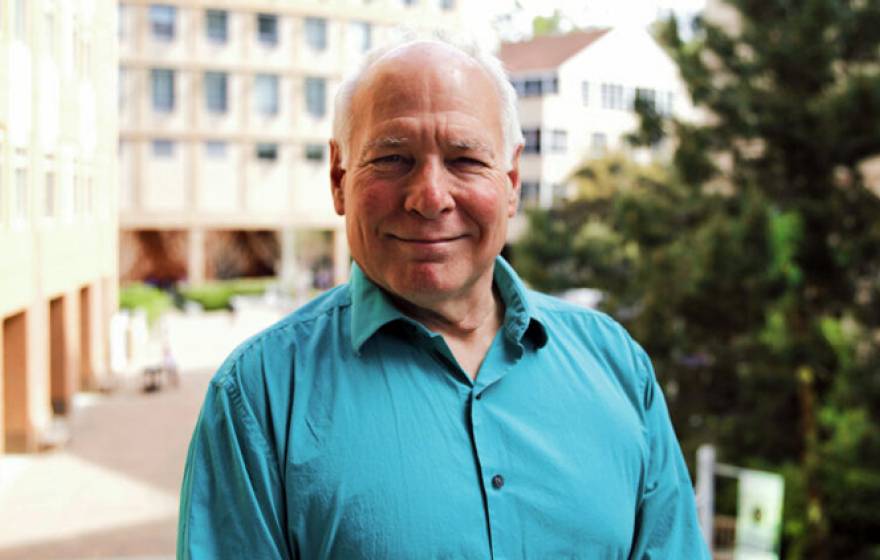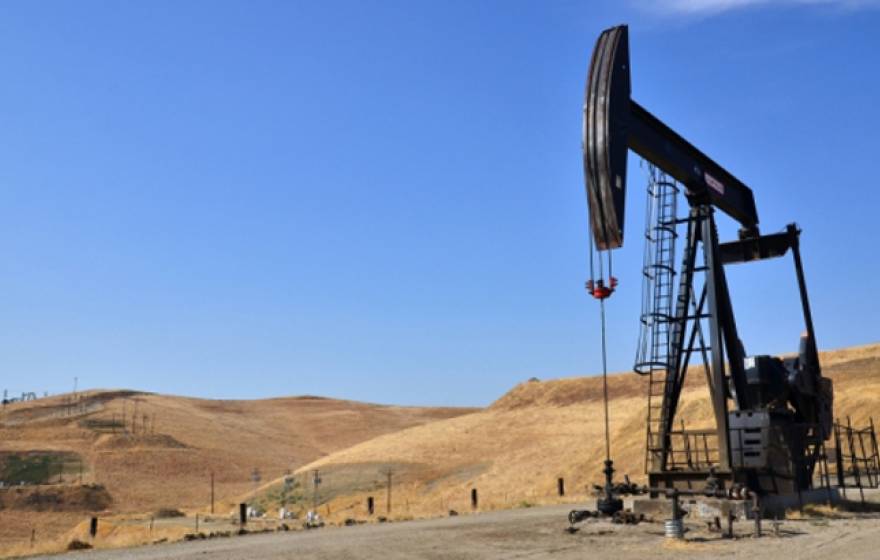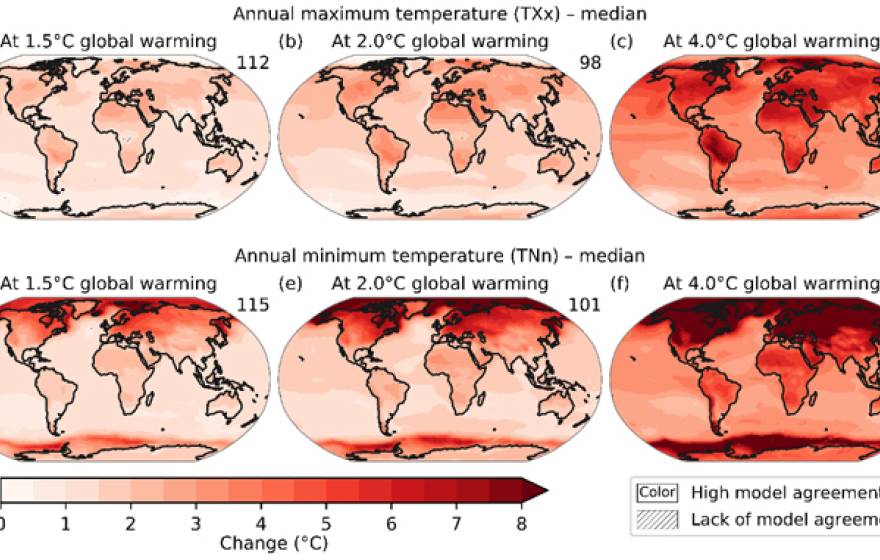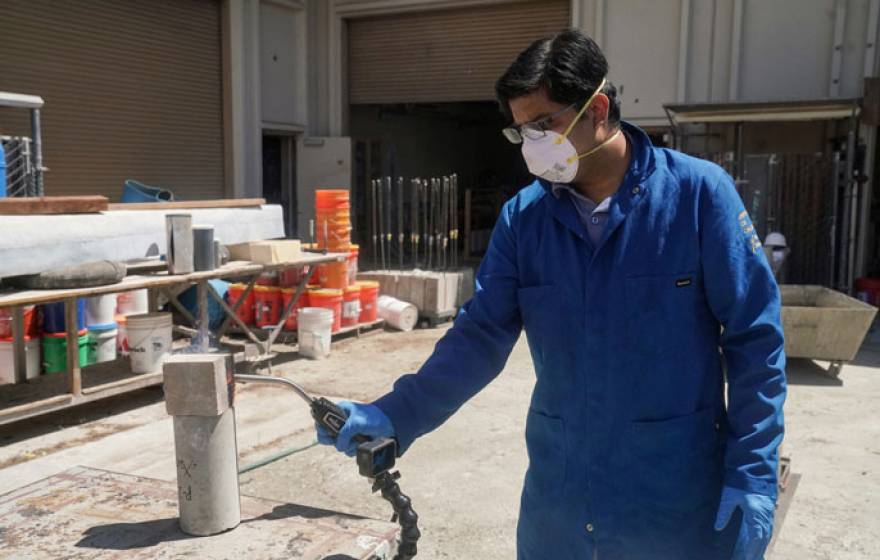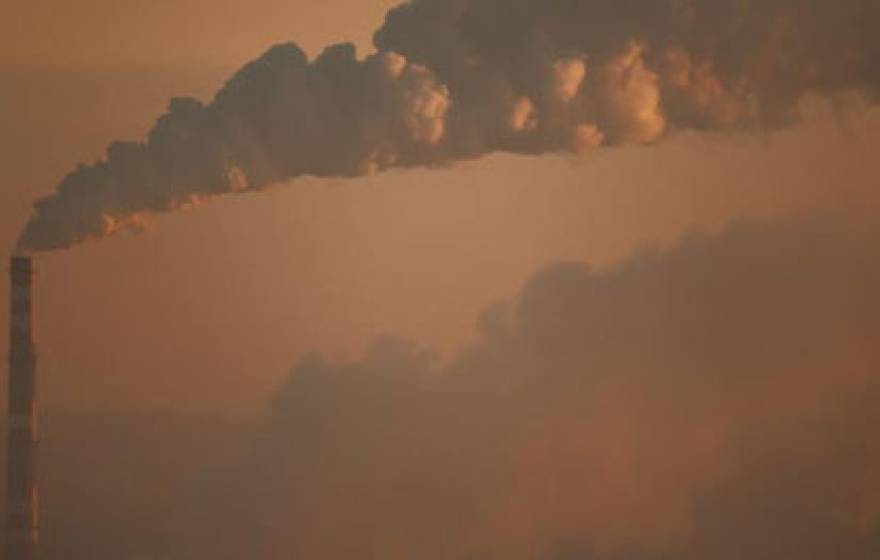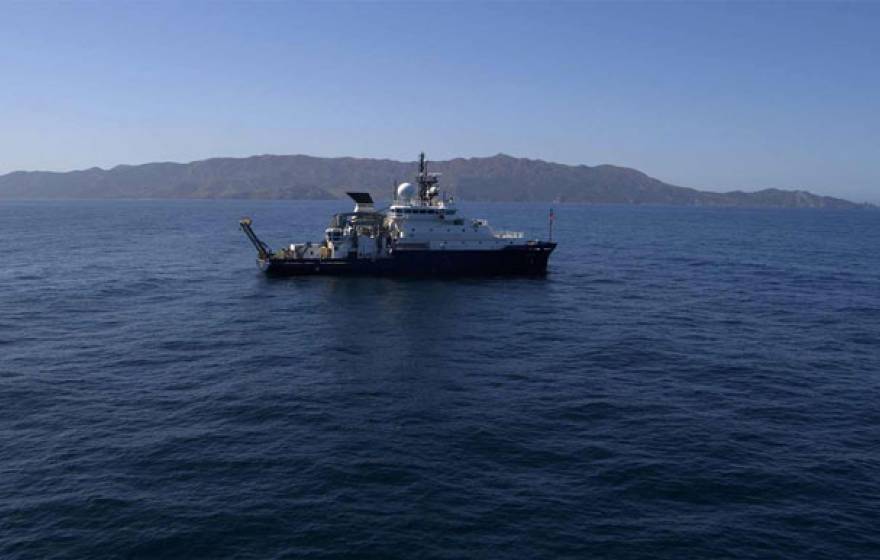The University of California is once again a leader in sustainability leadership and achievement, according to new rankings.
The technologies that could solve California’s droughts
Policies, and especially attitudes toward water, will have to shift as climate change makes drought more severe, says urban planning professor David Feldman.
The archaic law stopping climate activists from keeping oil in the ground
Allowing conservationists to bid on public resources — held to a “use it or lose it” standard — could be a game-changer, experts say.
Berkeley Lab scientists in international climate report point to urgent need to cut emissions
The report from the Intergovernmental Panel on Climate Change says we must act soon, says Berkeley Lab scientist and contributor Charles Koven.
Gauging Western wildfires
A new climate and fire model suggests that Western wildfires will intensify for roughly a decade before experiencing a gradual decline.
Study shows common insecticide is harmful in any amount
For the average bee, every little bit counts.
UC ranks first among colleges and universities in green power usage
The Environmental Protection Agency puts UC on top in its new ranking, with nearly half of the university's electricity sourced from green power in 2020.
Saving native oysters
Conservation aquaculture could bring more native oysters to plates and estuaries along the west coast.
Can we fireproof our houses?
Michele Barbato is looking in unexpected places for ways to build affordable homes that can handle disaster, including wildfires.
Can we remove carbon dioxide from the atmosphere?
Carbon dioxide in the atmosphere is higher than its been for millions of years. A technique called direct air capture could help.
Seafloor survey finds thousands of barrels at DDT dumpsite off Los Angeles coast
The survey identified more than 27,000 targets with high confidence to be classified as a barrel, and an excess of 100,000 total debris objects on the seafloor.
How to decarbonize California transportation by 2045
A report to the state outlines policy pathways to meet the zero-carbon time crunch.

